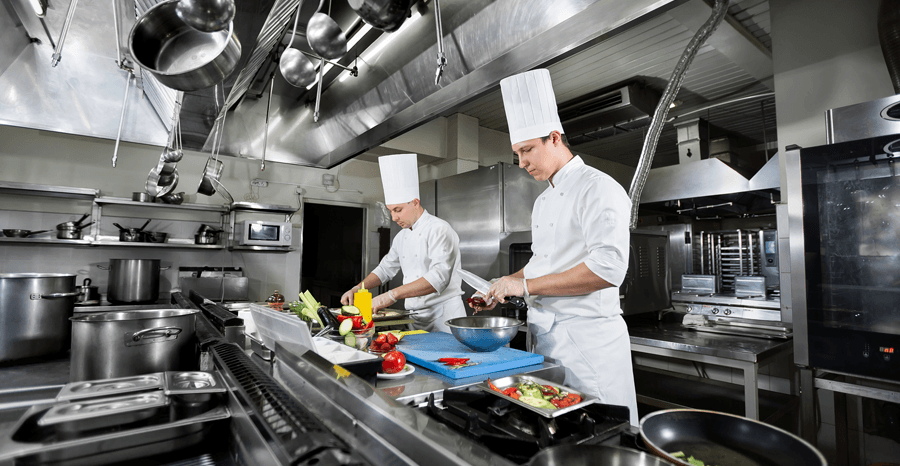
The Victorian Government is moving forward with its plan to transition the state’s energy system toward full electrification as part of its net-zero strategy. This includes the Gas Substitution Roadmap, which aims to gradually reduce reliance on gas. As part of this transition, the government has released the Building Electrification Regulatory Impact Statement (RIS), outlining proposed regulations for new and existing buildings.
What’s Being Proposed?
Under the government’s preferred option, which could take effect from January 2026:
While these changes primarily target households, they could have significant financial and operational consequences for businesses, including community clubs.
How Could This Impact Community Clubs?
For clubs, the biggest concern is cost. Replacing gas appliances with electric alternatives can be expensive, not just for the appliances themselves but also due to the cost of rewiring and upgrading electrical systems. This could add thousands of dollars to renovation or upgrade costs for clubs that rely on gas-powered kitchens and heating.
Another major issue is the future cost of staying connected to the gas network. While clubs will not be required to switch to electric, as more residential customers electrify, the remaining users may be left paying significantly higher gas bills. Some estimates suggest that gas network charges could double within five years, putting further financial strain on clubs that depend on gas for their operations.
Finally, there are unanswered questions around commercial kitchens. The RIS states that commercial kitchens will be exempt from the proposed electrification requirements, allowing clubs to replace gas appliances like-for-like. However, it is unclear how this exemption will work in practice and whether all clubs will qualify. The RIS also acknowledges a lack of data on commercial kitchens, relying on a single example from a Green Building Council of Australia study that estimated the cost of transitioning a kitchen to electric at $19,500. In reality, costs could vary significantly depending on the size and setup of individual clubs.
Next Steps
Although the formal consultation period on the RIS has closed, clubs should stay informed about how these changes could impact their operations. For more details, visit https://engage.vic.gov.au/building-electrification or contact the Victorian Government team at [email protected]
If you would like to see view previous articles use the search function below
Loading…

"*" indicates required fields